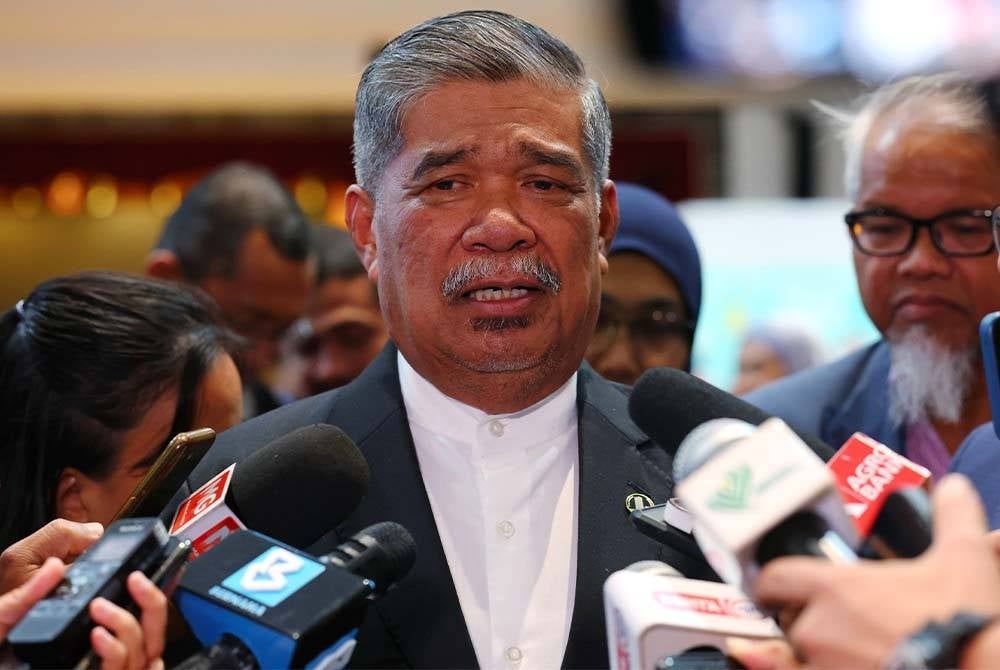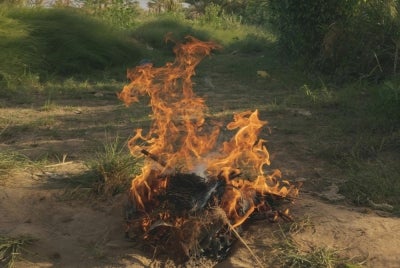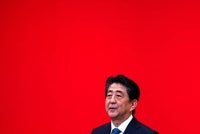Radioactive water release: Malaysia has yet to finalise restrictions on Japanese seafood imports

SERDANG - Malaysia has yet to finalise restrictions on Japanese seafood products imports after Tokyo released radioactive water from the Fukushima nuclear plant into the ocean.
Agriculture and Food Security Minister Datuk Seri Mohamad Sabu said a study was being conducted in collaboration with the Health Ministry and relevant environmental agencies regarding the matter.
"As of now, no decision has been made regarding the restrictions," he said during a press conference after officiating the Show-Tech Mardi 2023 event at the Serdang Malaysia Agro Expo Park (Maeps), today.
He said the decision will be based on the findings of the ongoing study.
"Many non-governmental organisations (NGOs) have taken a stance and we will work with them if the study results indicate danger to the population," he said.
Japan began releasing radioactive water into the Pacific Ocean starting yesterday, despite the plan receiving strong criticisms and import restrictions on seafood by China, North Korea and Hong Kong.
China and Hong Kong have implemented import controls on Japanese seafood due to concerns over the action.
The Show-Tech Mardi 2023 event which was being held for three days until Sunday, focused on six main clusters namely crops, mechanisation, food technology, livestock, technology transfer and agrotourism.
The event showcased 300 technologies and innovations from the Malaysian Agricultural Research and Development Institute (Mardi).
Meanwhile, Mohamad said a pilot project for onion cultivation will be expanded nationwide starting 2025 as part of efforts towards food security in the country.
"Currently, we rely 100 per cent on onion imports, so by 2025, onions will be commercially grown in identified import fields," he said.
He did not set a target for reducing the dependence on imported onions.
"If we plant more, we'll get less," he said.
Mardi has successfully developed three varieties of red onions, namely BAW-1, BAW-2, BAW-3, with Perak chosen as the hub for lowland red onion cultivation in the country.
"This pilot project is still in the initial stage and depends on land grants from state governments," he said.
Download Sinar Daily application.Click Here!















